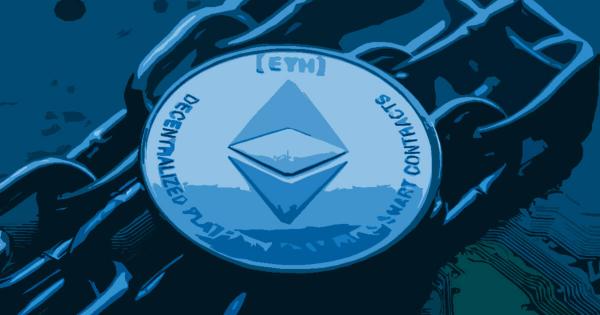In an Aug. 17 meeting, Ethereum developers discussed developments around a new testnet — named ‘Holesky’ — that is set to launch on Sept. 15.
Parithosh Jayanthi, DevOps at the Ethereum Foundation, said that developers tested 1.4 million validators on the Holesky testnet and were able to finalize the network. Jayanthi said this is now recommended as the starting size for the testnet.
Jayanthi also asked developers how many testnet tokens should circulate on Holesky. Ethereum developers decided to introduce 1.6 billion Holesky ETH into circulation, as large supplies have previously been supported on testnets. Developers decided not to reduce that number to match the Ethereum mainnet’s 120 million ETH supply, though this option was briefly under consideration.
Holesky will launch in mid-September
GitHub documentation indicates that Holesky will launch on Sept. 15, 2023 at 14:00 UTC. This incidentally was the date of Ethereum’s Merge launch in 2022.
The testnet will remain in use for several years, with long-term service (LTS) support lasting until 2027 and end-of-life (EOL) lasting until 2028.
Documentation additionally states that Holesky will replace Ethereum’s Goerli testnet, which was introduced in 2019 as the project prepared to launch its proof-of-stake features and abandon proof-of-work mining. Goerli and Holesky — as well as the current Ethereum mainnet — all act as proof-of-stake chains. However, unlike Ethereum’s mainnet, the two testnets do not use ETH tokens with real market value.
Holesky will also pave the way for two future Ethereum upgrades: an execution layer upgrade called Cancun and a consensus layer upgrade called Deneb.
The testnet’s unusual name is not “hole-sky” but is named after a train station in the Czech Republic city of Prague. That station is often casually referred to as “Holešky.” Ackee Blockchain Security discovered that the testnet’s code contains an easter egg: the chain ID of the testnet, 17000, is also the area’s postal code.
The post Ethereum’s new ‘Holesky’ testnet to launch in September appeared first on CryptoSlate.








